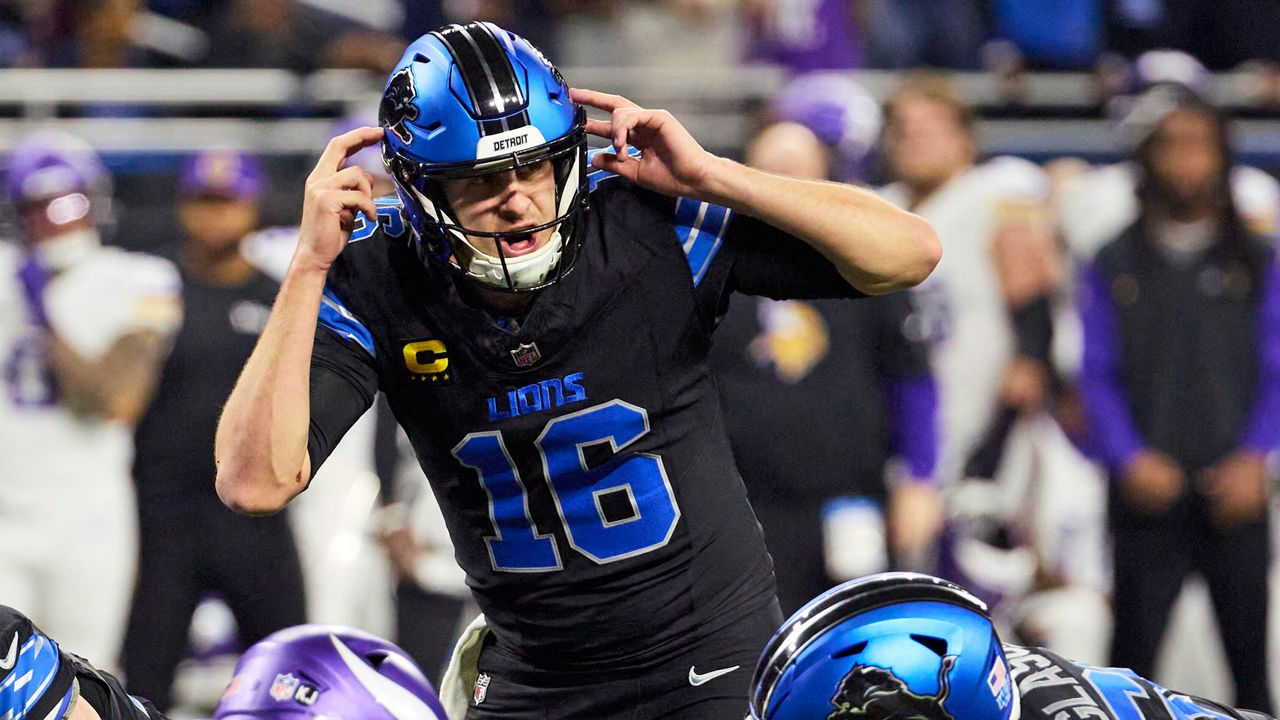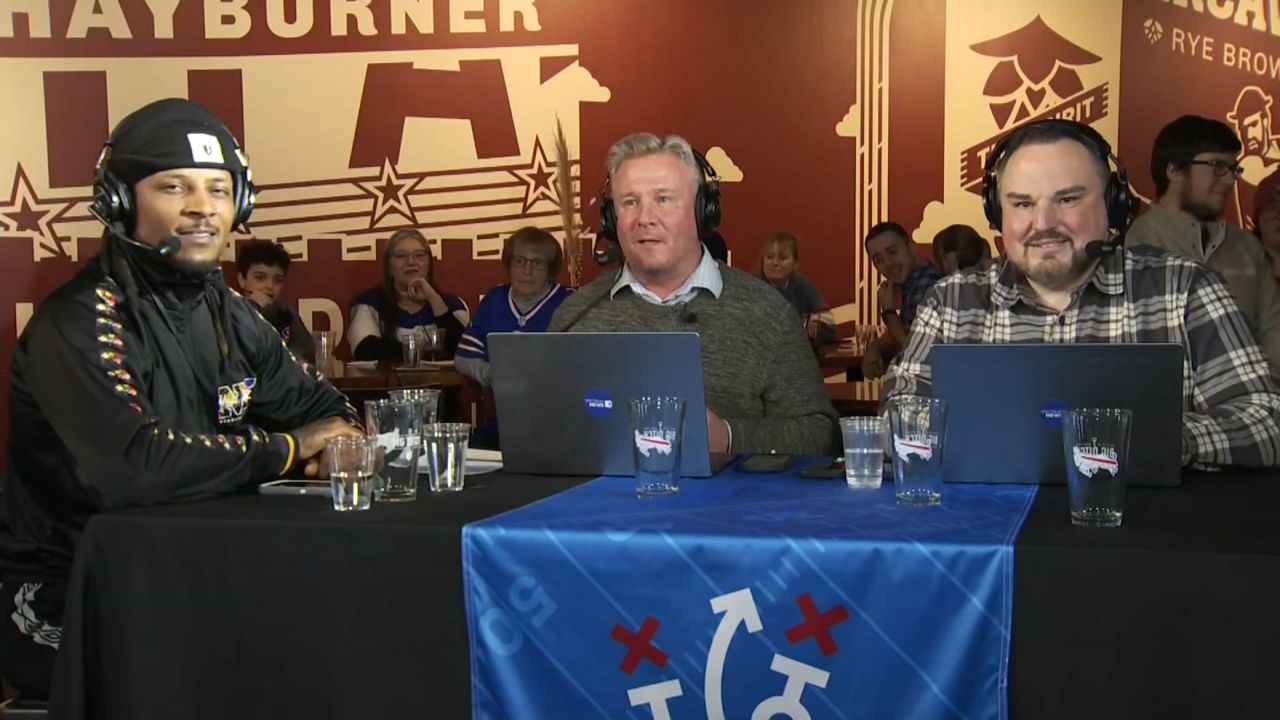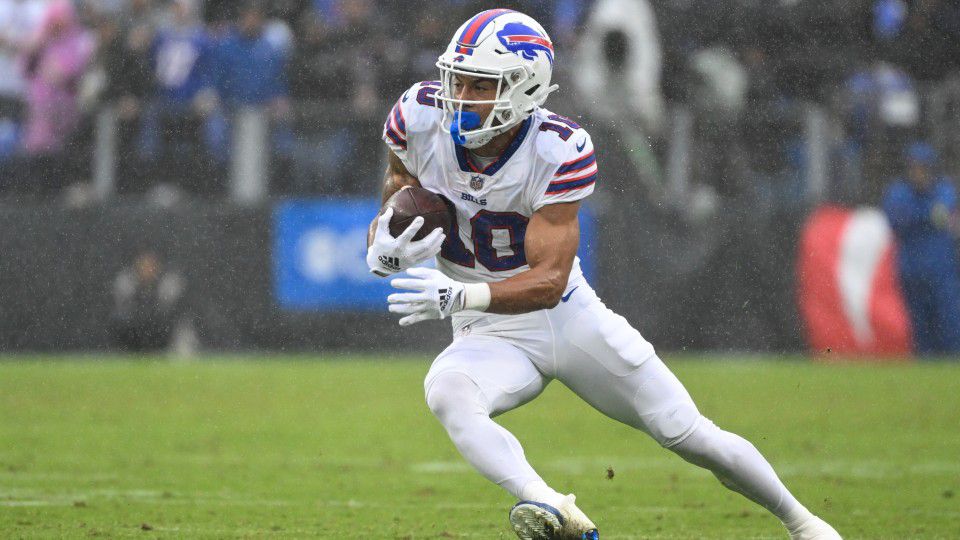From the moment Rich Lee heads into his office at St. Bonaventure University, it’s easy to see he’s a sports fan, specifically, a New York Mets fan.
“Down here is my most prized possession,” he said. “It’s every New York Met yearbook since the franchise started in 1962.”
Sports are a big part of American life — whether it’s watching them, playing them, or betting on them.
“Like a lot of people, I enjoy sports,” he said. “I watch games, but never really took the time to look at issues or questions like why are sports really important to us.”
Lee teaches journalism at the Jandoli School of Communication, which teamed up with the Siena College Research Institute on a national survey to find out more about Americans’ passion for sports. Of the 3,200 people polled, they found 70%, including 81% of them men and 60% of them women, consider themselves sports fans.
“Twenty-one percent of the people we polled fell into that avid sports fan category, where they watch six hours or more of live football per week, they watch sports news shows, they watch sports talk shows, they play fantasy sports,” Richard Lee, professor, St. Bonaventure University, said.
Nearly half say football is their favorite sport, followed by baseball and basketball, then soccer and hockey.
“When we asked them why you watch football, they said it’s a chance to hang out with my family and friends, to do something together as a family,” Lee said.
Football is king, and America’s Team, the Dallas Cowboys, ranked number one. In the northeast region, the New York Giants top the list, with the Buffalo Bills and New York Jets among the favorites.
“It almost seemed like wherever people lived that was their favorite team. There weren’t high numbers one way or another,” Lee said.
The survey also asked about public financing to build new stadiums. While not specifically about the plan to contribute $850 million taxpayer dollars to a new home for the Buffalo Bills, 53% of Americans oppose the idea.
”It made sense, the people who were avid fans, there was more support for public financing among them,” Lee said. “People who were less avid or non-fans, there was more opposition there. We also saw among senior citizens — people 65 or older — less support for public financing which makes sense with people on a fixed income.”
Americans also favored rule changes to make football safer for players, even if it affects the way the game is played.
“About seven out of 10 felt that there should be independent doctors making the decisions as whether an athlete can play after he suffers an injury, instead of the team doctors making that decision,” Lee said.
While the poll tackled tough issues —there were some fun questions about our sports culture — where many consider the Super Bowl a national holiday.
“A third of the people said the Super Bowl is more important to them than their own birthday,” Lee said. “We just had Valentine’s Day — 28% said the Super Bowl is more important to them than Valentine’s Day.”
As the survey says, many Americans romanticize sports in our society.










